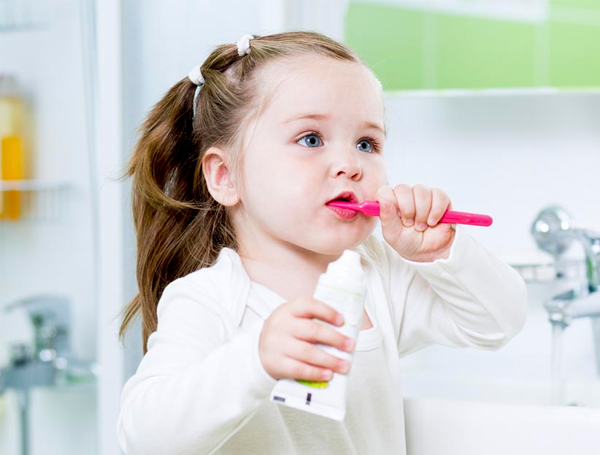Does your bay enjoy feeding bottles and pacifiers, but you’re concerned it may result in dental issues later on in life?
Sucking on a feeding bottle or pacifier can be calming for young ones but can, surprisingly, cause dental issues as they grow older. Even though their teeth are temporary at this point, they are still susceptible to dental problems and cavities. They impact how their teeth will grow later on.
In this post, we look at the effects feeding bottles and pacifiers can have on teeth. And how to keep away from dental problems.
Table of Contents
Effects of Pacifiers on Teeth
Pacifiers help both parents and babies as they offer a sense of comfort and satisfy a child’s natural sucking instinct. Studies have also shown that they reduce the risk of sudden infant death syndrome in children between six months to a year.
The truth is, the long-term use of a pacifier can result in dental issues since as your baby develops, their jaws are constantly held by something. Overuse of a pacifier affects teeth and mouth development and can lead to problems such as:
- Front teeth not meeting
- Crooked teeth
- Narrowing of the mouth’s roof
- Jaw misalignment
How to Avoid Pacifier Teeth
By using the pacifier correctly, your baby can learn to self-soothe themselves without experiencing dental issues. However, avoiding the use of a pacifier between nine to twelve months can reduce the risk of pacifier teeth.
Effects of Feeding Bottles on Teeth
Feeding bottles are a necessity if you’re pumping or using formula. However, some parents overuse feeding bottles than required, which can result in dental problems.
Feeding bottles come with similar risks as the prolonged use of pacifiers. They also result in higher chances of promoting baby bottle tooth decay and cavities if they carry anything besides water.
Baby bottle tooth decay refers to tooth decay in toddlers and infants. It may occur from regular sipping or sucking on juice or milk over a long time. The condition happens when parents overuse the feeding bottle.
When sugars come into frequent contact with the baby’s teeth, decay-causing bacteria results in their rotting. That can lead to painful infections and other serious issues that require extensive dental treatments. Dental problems also harm how your child looks on social media. For this reason, considering child’s dentistry from when they are as young as two years could be of great help.
Some of the signs of tooth decay in your infant include:
- Bad breath
- Swollen and bleeding gums
- Fever
- Black or brown spots on teeth
Conclusion
Feeding bottles and pacifiers have so many benefits to babies and even parents. They offer nourishment, satisfy their natural sucking instincts and comfort.
However, using these for a prolonged period may lead to dental problems, which are harmful to your child’s health. These issues could include misalignment of the jaws, baby bottle decay, and crooked teeth.
The good thing is, later in life a children’s dentists can pick up the pieces when it comes to the best treatment. The ideal facility will offer child dentistry, which involves preventative measures. These include regular dental check-ups and taking care of oral health from a young age.
